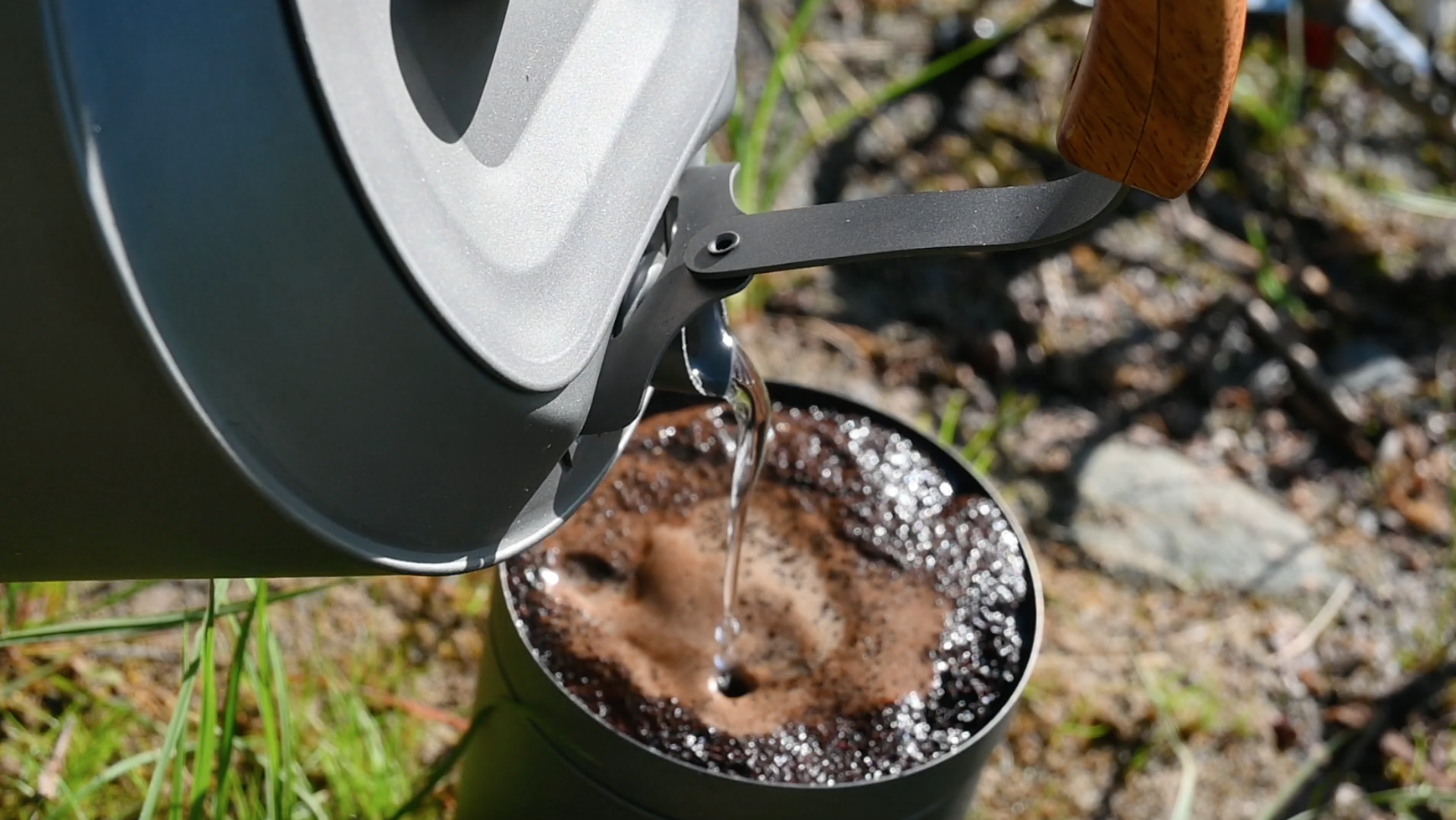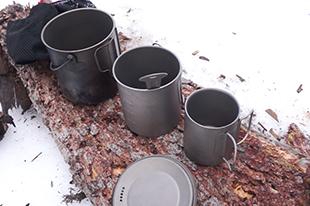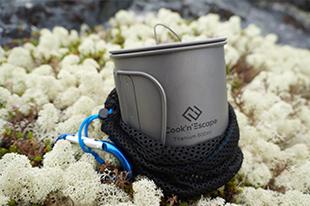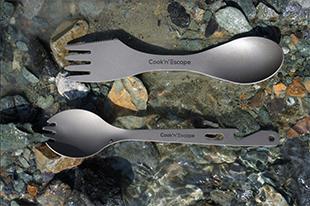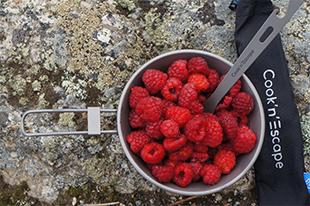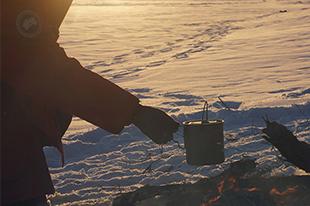The Benefits of Caffeine in the Wilderness

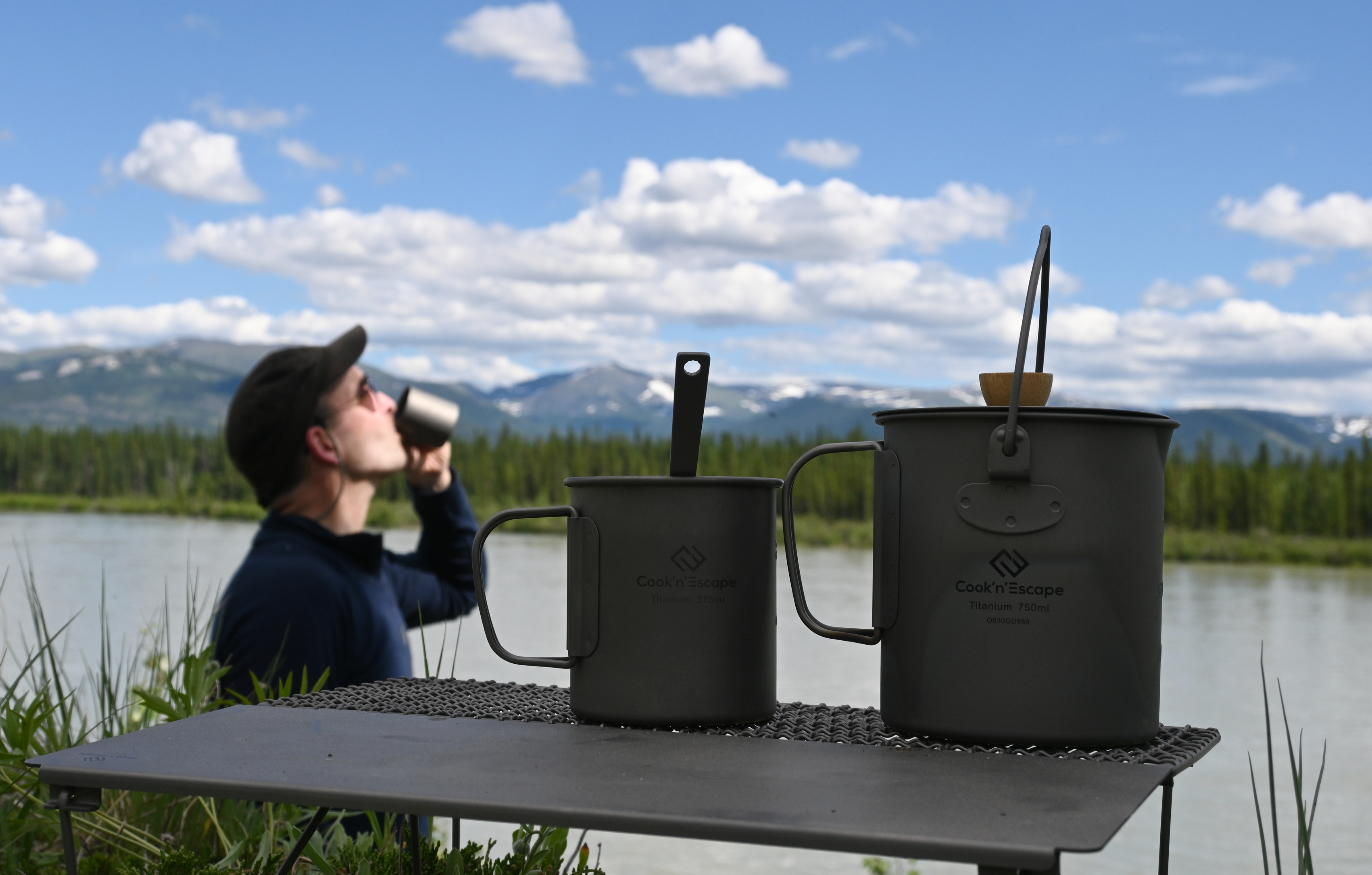
The Benefits of Caffeine in the Wilderness
Is caffeine bad for you? Of course, you already know a high intake consumption is not good, but let’s have a look at its benefits and explain why getting a caffeine fix is completely part of the outdoor experience.
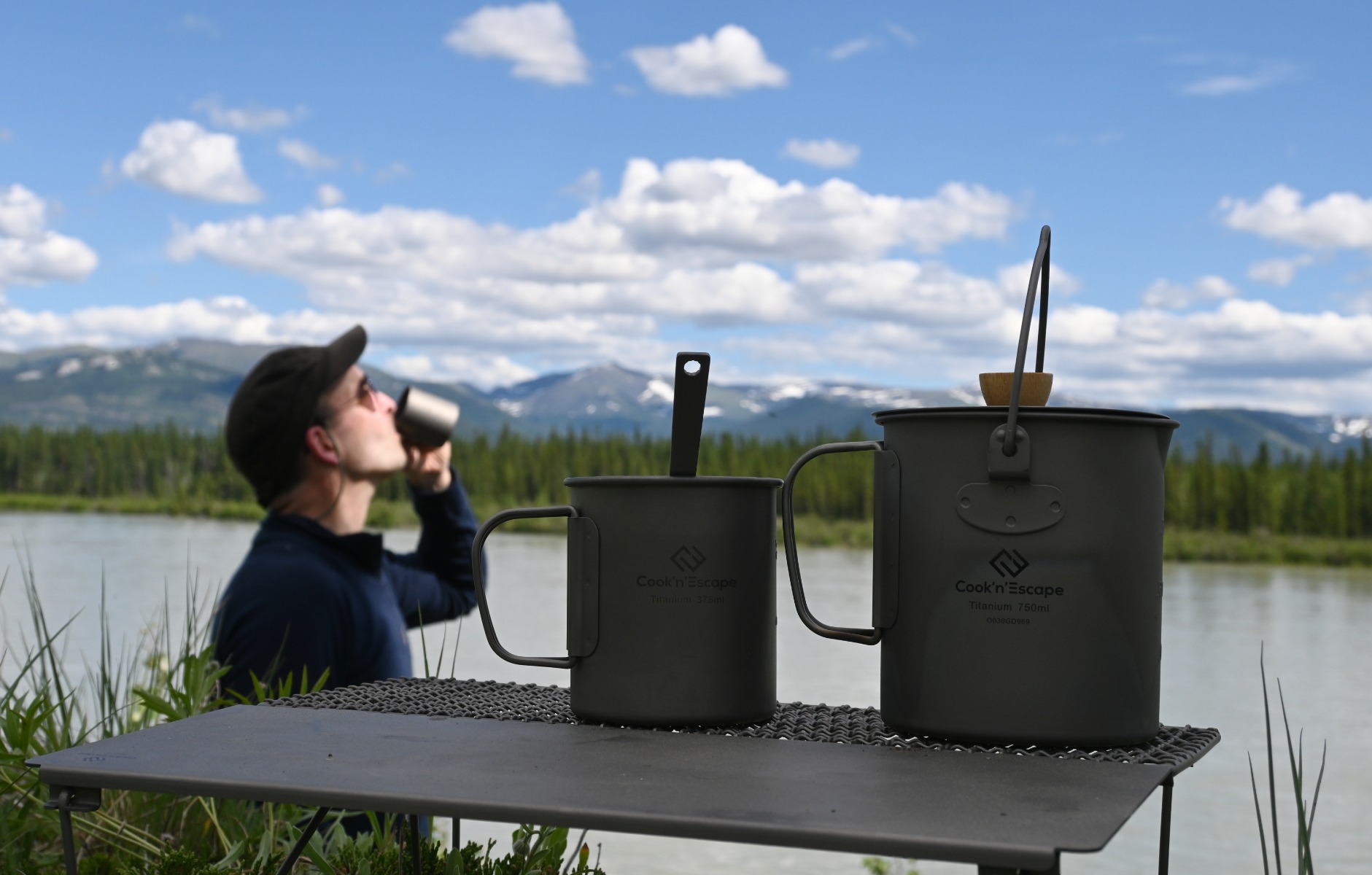
-Coffee has essential nutrients and antioxidants. Sure, you get vitamin D from the sun, but coffee offers small quantities of vitamins B, manganese, potassium, and phosphorus. All things that are needed for your body. Tea contains good stuff too and has chemicals that act as antioxidants.
-Caffeine improves physical performance, at least momentarily, within 20 minutes to one hour of consumption. It stimulates metabolism and neuromuscular coordination, that’s why many athletes ingest caffeine before their workouts. Sometimes the great outdoors will force you to function at a top physical level. Maybe just before running another set of challenging rapids, or before the last stretch to the mountain top, have a cup of Joe!
-Caffeine may slightly help with weight-loss efforts if losing weight is one of your goals. A cup of tea or coffee works in perfect synergy with outdoor activities that will use up a lot of calories.
-Caffeine helps relieve minor pains. It reduces headaches. However, coffee forces you to have frequent trips to the bathroom. It may not be a bad thing in the outdoors when some form of laxative is needed; dehydration is an issue though, so monitor water intake.
-Having a cup of joe is a social act with mental health benefits. Of course, it can be enjoyed alone, but also with friends and family. And it is a great way to start the day, especially when it is a rainy one. Coffee brightens the mood and improves brain functions. Did you know it helps in regulating emotions and decreases the risk of depression?
-Of course, too much caffeine can disrupt sleep. But, during a wilderness trip, caffeine or not, sleep should not be too difficult to find after a hard day on the trail or the river. The body is exhausted and the brain is purged from negative thoughts. Physical exhaustion helps in getting a good night’s sleep.
-Sure, caffeine is addictive. But so are thrill-seeking, adventure, mountain climbing, and wilderness tripping. After a prolonged stay in nature, fresh air is addictive too. And remember, addiction becomes a problem only if you run out of coffee! Seriously though, coffee contains more caffeine per cup than tea. So, try switching to tea maybe. Or better again, prepare your herbal tea with what nature offers. Try brewing pine needles, they are rich in vitamin C! A favorite of ours is spruce tips tea!
-Should you quit ingesting caffeine completely? Maybe. But avoid doing it during a wilderness expedition. Unless you have a burning desire to compound the difficulty by strong withdrawal effects like headaches, exhaustion, and irritability.
At Cook’n’Escape we know coffee belongs in the food kit of many adventurers, that’s why we design coffee utensils that are both lightweight and multipurpose.
